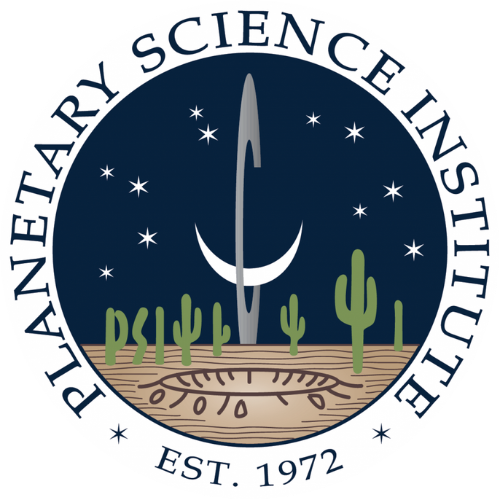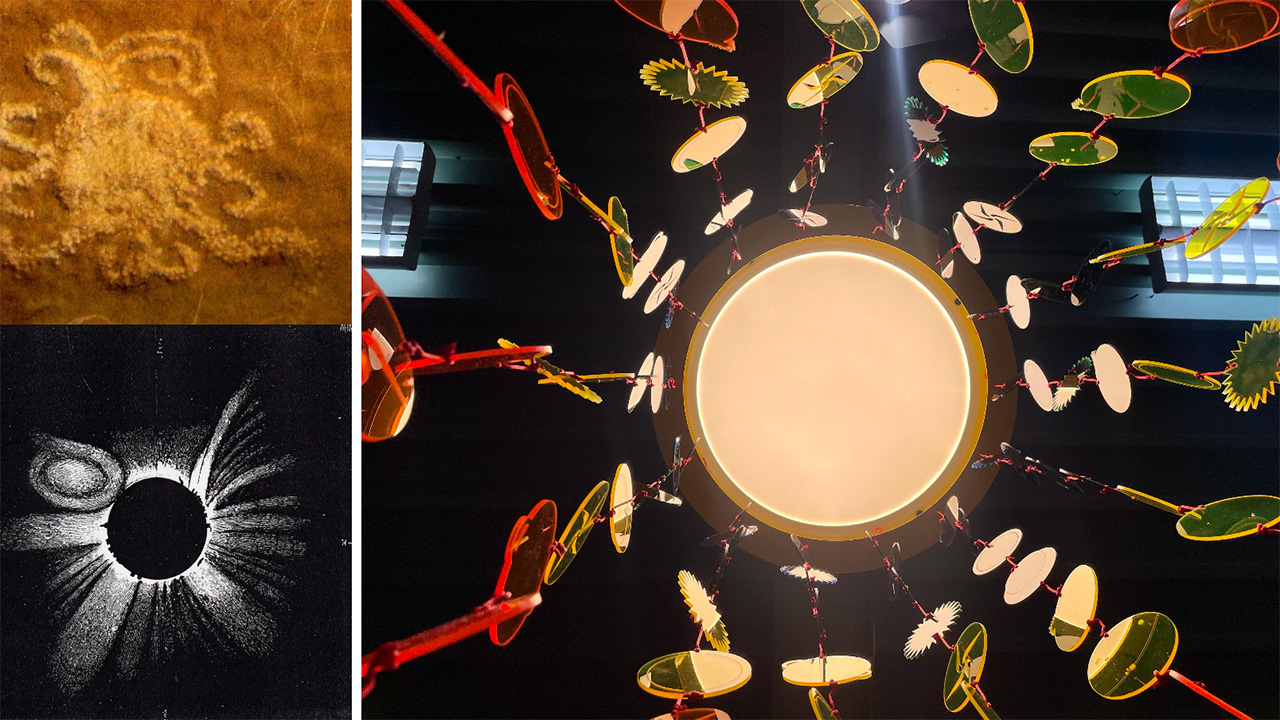An annular eclipse in October 2023 and then total solar eclipse in April 2024 swept over large swaths of the United States, giving millions of Americans front-row seats to two of the most dramatic celestial events. Research, as well as education and public outreach events, popped up around the country to engage the public in science and wonder.
Now, two Planetary Science Institute researchers and communicators have compiled a free collection of articles to document the eclipse experience, as well as activities and strategies to guide future engagement events.
The collection, titled “Celebrating the Wonder of Science in the Shadow II, includes 43 contributed and peer-reviewed articles organized into nine sections that span topics such as educational tools, personal narratives, science papers, creative representations and more.
It is now available as a special issue of the Bulletin of the American Astronomical Society and was assembled and edited by Planetary Science Institute Senior Education and Communication Specialists and Senior Scientists Sanlyn Buxner, the lead editor , and Pamela Gay, the co-editor.
This is the second collection in a series intended to document how professional scientists, educational outreach professionals, community scientists, teachers, students, amateur astronomers, artists, park rangers, other professionals and individuals of all ages provide eclipse-related outreach, science, viewing experiences, demonstrations and observations, community science experiments and other related experiences.
“We wanted to create an effort where everyone could share in the excitement of the eclipses as well as leave a legacy for the future,” Buxner said. “Many folks want to publish their work but are stopped by paywalls or peer review of journals. We wanted to create something that was for the community and supported by the community so that anyone could submit and read the work by others. This second collection also includes more creative pieces – and we are hoping to grow the number of them – and included work with more non-traditional audiences, like incarcerated individuals and deaf individuals, for example.”
“We’ve been soliciting people’s research, lessons learned, educational materials, newly invented observing tools, and personal stories from the recent solar eclipses,” Gay said. “This serves as both a record of that special moment in science education and also builds a foundation for future event planning such as the next total eclipse [in the U.S.] in 2044.”
The first collection was published in March 2024, ahead of the April 8, 2024 total solar eclipse. Through the end of the year, the team is collecting and accepting articles for a third collection. The project was a completely volunteer effort.

